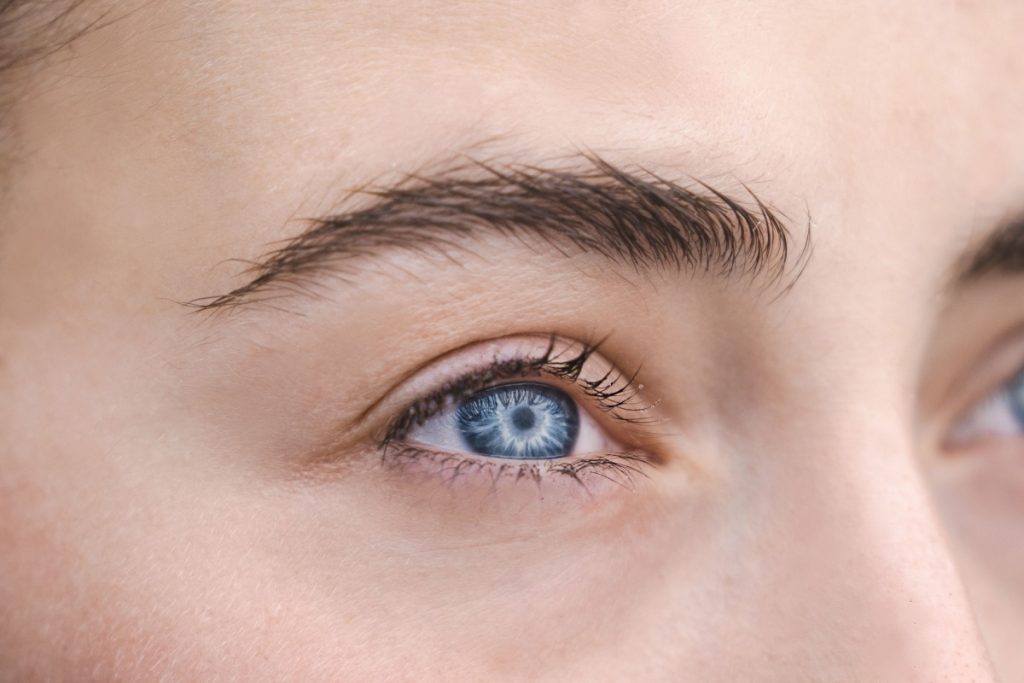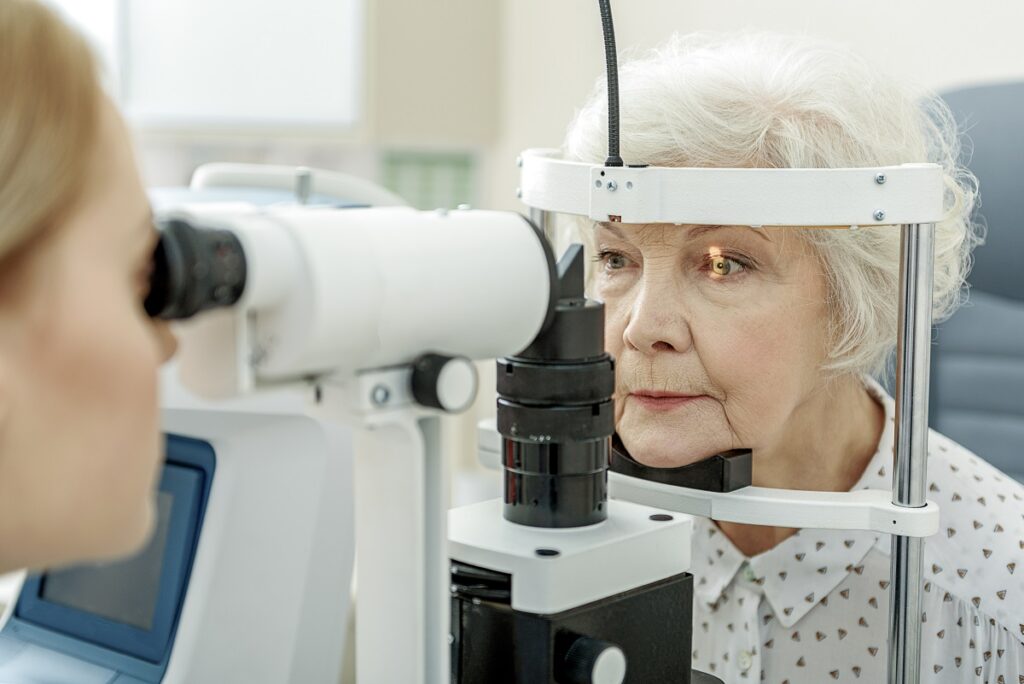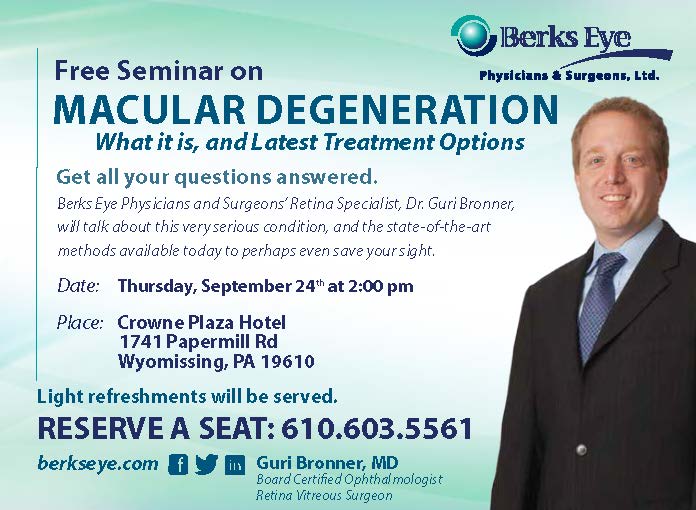
Macular degeneration is a common eye condition that affects the macula, the part of the retina responsible for sharp, central vision. This condition is a leading cause of vision loss, particularly among older adults. Macular degeneration can severely impact your ability to see fine details, making tasks such as reading, driving, and recognizing faces more challenging.
Types of Macular Degeneration
There are two primary forms of macular degeneration: dry and wet.
- Dry Macular Degeneration: This is the most common form. It occurs when the macula thins over time due to aging, leading to the gradual blurring of central vision. Small clumps of protein, known as drusen, can also form, contributing to vision deterioration.
- Wet Macular Degeneration: Though less common, wet macular degeneration is more severe. It occurs when abnormal blood vessels grow under the retina and leak blood or fluid, causing rapid and significant vision loss. Prompt treatment is crucial for managing this form of the disease.
Symptoms
Macular degeneration often develops slowly, and symptoms may not be noticeable in the early stages. However, as the disease progresses, you may experience:
- Blurred or fuzzy vision
- Difficulty recognizing faces
- Dark or empty areas in the center of your vision
- Distorted vision, where straight lines appear wavy
If you notice any of these symptoms, it’s important to seek medical attention promptly. Early detection can help slow the progression of the disease and preserve your vision.
Treatment Options
While there is no cure for macular degeneration, several treatment options can help manage the condition and protect your vision.
- Lifestyle Modifications: For those with early-stage dry macular degeneration, lifestyle changes can be highly beneficial. Eating a diet rich in leafy greens, fish, and other nutrients that support eye health, such as vitamins C and E, zinc, and lutein, can slow the disease’s progression. Additionally, avoiding smoking, maintaining a healthy weight, and protecting your eyes from UV light are essential steps.
- Medications: For wet macular degeneration, anti-VEGF (vascular endothelial growth factor) medications are often used. These drugs are injected into the eye and work by blocking the growth of abnormal blood vessels that cause the condition. Regular injections can help stabilize and, in some cases, improve vision.
- Laser Therapy: In certain cases of wet macular degeneration, laser therapy may be used to seal off leaking blood vessels. This treatment can help prevent further damage to the macula, though it is not suitable for all patients.
Protect Your Vision with Professional Care
If you or a loved one is experiencing symptoms of macular degeneration, early intervention is key. At Berks Eye Physicians & Surgeons, our experienced team is committed to providing comprehensive care tailored to your individual needs. Don’t wait until your vision worsens — schedule an appointment with us today to explore your treatment options and take proactive steps to safeguard your eyesight. Your vision is precious, and we’re here to help you protect it for years to come.
 1802 Paper Mill Road, Wyomissing, PA 19610
1802 Paper Mill Road, Wyomissing, PA 19610




